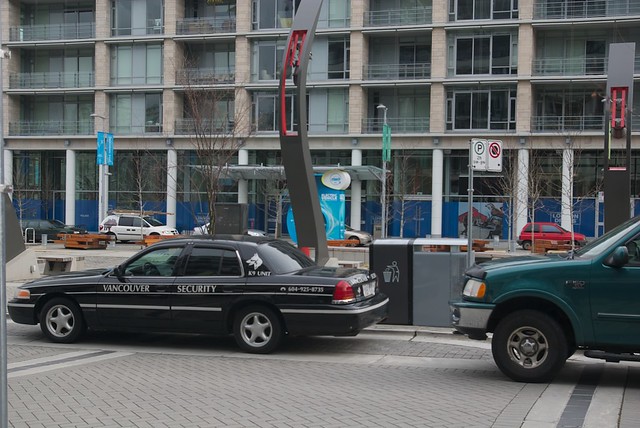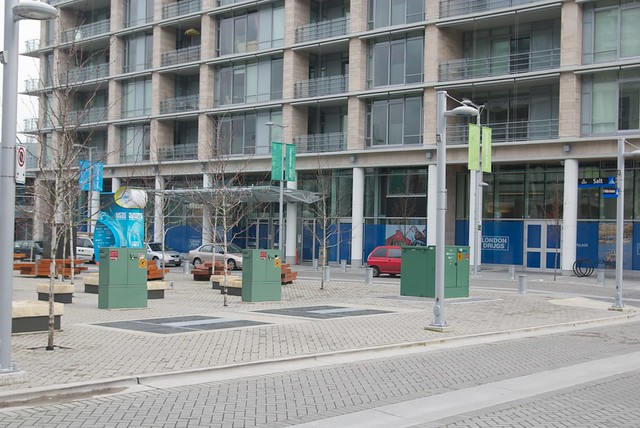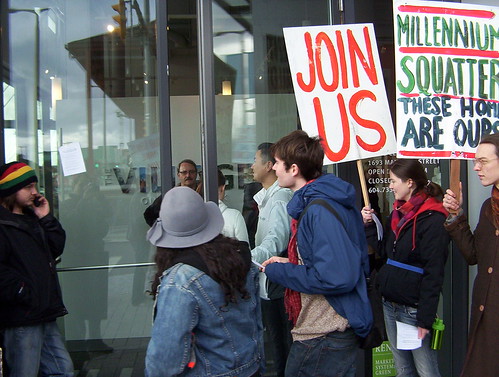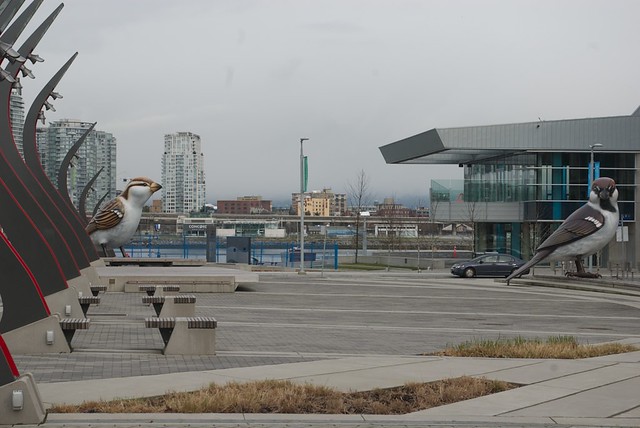 The Olympic Village represents a “fiasco,” but more and more it’s turning into a fiasco of journalism. Prominent columnists have spent the last week trying to convince readers of a financial disaster at the Olympic Village, but the real disaster is that they’re not telling it like it is. Due to the removal of hundreds of units of social housing, the city stands to break even on the project, and perhaps even gain money.
The Olympic Village represents a “fiasco,” but more and more it’s turning into a fiasco of journalism. Prominent columnists have spent the last week trying to convince readers of a financial disaster at the Olympic Village, but the real disaster is that they’re not telling it like it is. Due to the removal of hundreds of units of social housing, the city stands to break even on the project, and perhaps even gain money.
The discussion revolves around the cost of the land on which the Olympic Village sits, bought by the city for $30m. That $30m was paid in full by the developer in 2006. By all standards the city has no liability on the land. There is no loss and no profit because costs have been recovered, net zero. End of the story one might think.
But today in the Globe and Mail, Gary Mason argues that while there is no actual loss, the loss nontheless is “actual” because it “feels like a loss.” According to Frances Bula, also with the Globe, there is therefore “$180-million unpaid amount owing on the land.” But did nobody tell Gary Mason and Frances Bula that the land was given back to the city months ago? How can money be owed on something if that something was returned? – and returned with a $30m fee paid by the borrower.



